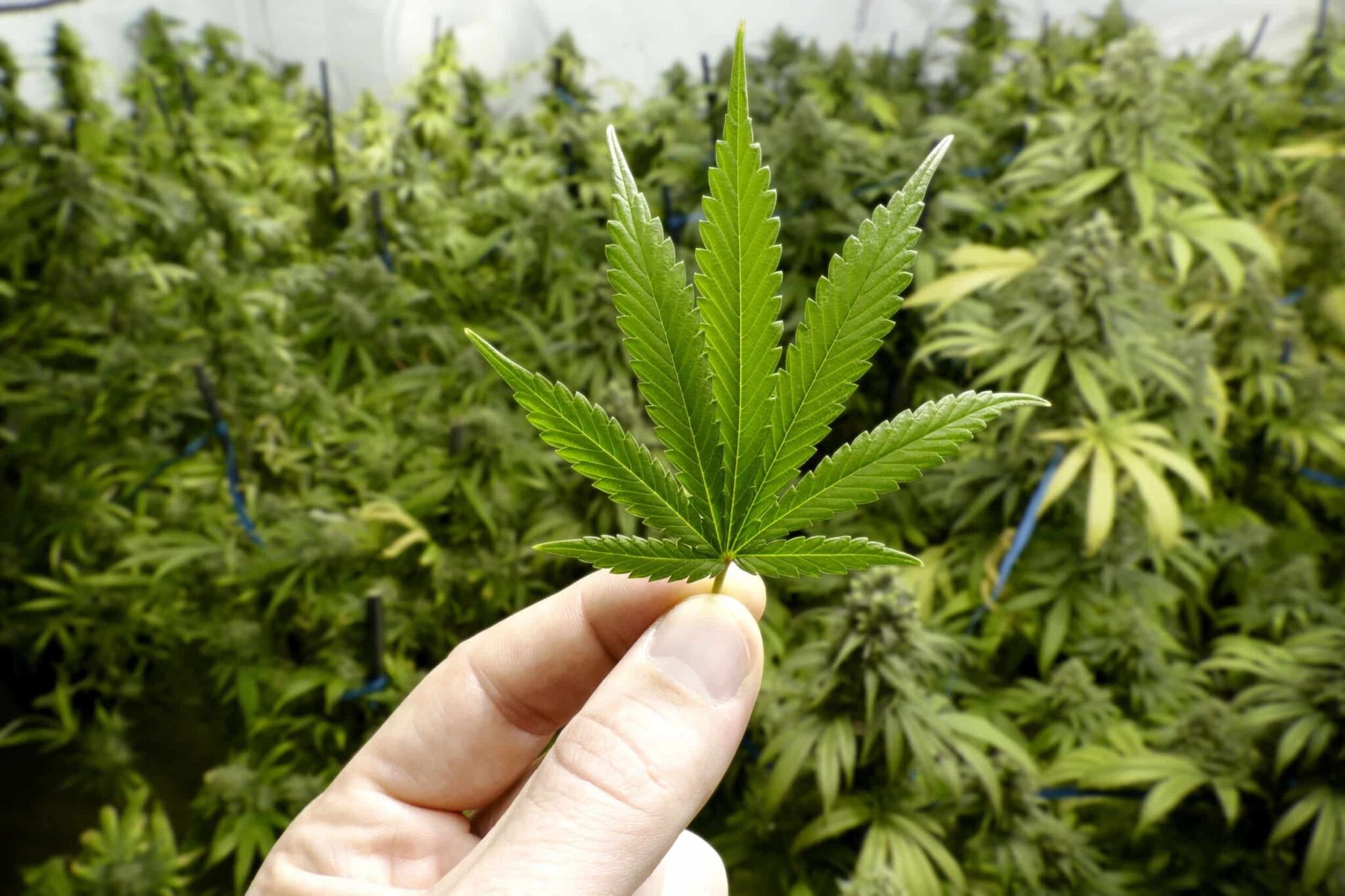Without doubt, the deliberate roadblocks facing legitimate cannabis research has become one of the greatest injustices to the modern medical and public policy community.
For decades cannabis policy and related laws were written based on a handful of severely flawed studies. Interest in cannabis research grew mid-century as psychologists and medical professionals searched for more effective methods to treat chronic conditions ranging from depression to Crohn’s disease. Unfortunately, the few studies that were commissioned had critical flaws and limitations that reduced the knowledge that could be obtained. Often these studies concluded that “…more research is needed on the subject.”
Finally, over the past several years, barriers to legitimate cannabis research have been lifted. Around the world, including a few U.S. states, studies have emerged with better controls and more targeted research. More importantly, these studies were without the traditional biases imposed upon researchers by anti-drug policy groups and Big Pharma backers.
The field of cannabis research is flourishing today, and we are hopeful it will continue to improve in coming years. Read on to learn why medical research on cannabis was delayed for so long and how far it has come in recent years.
DEA Control and the Crippling NIDA Monopoly
Federal lawmakers officially outlawed cannabis for recreational use in 1937. In 1941, the substance was removed from the United States Pharmacopeia and National Formulary, the equivalent of the Controlled Substances Scheduling system used today.
Following the removal, only one federal agency was allowed to contract scientific and medical research on cannabis: the National Institute on Drug Abuse (NIDA). NIDA contracted the production of cannabis to be used for research to exactly one individual: Dr. Mahmoud ElSohly at the University of Mississippi. ElSohly’ yield looked nothing like the plants grown currently; they are leafy, full of seeds and rolled only into traditional cigarettes as their intended consumption vehicle.
The limited strains have a far lower range of potency. While the most popular products available for legal purchase at a Las Vegas cannabis dispensary range between 12-15 percent THC, ElSohly’s crop usually had an extremely low 4 percent average concentration, with a maximum of 7 percent. Since subjects were only allowed to smoke rolled cigarettes and were required to consume more cannabis for the equivalent effect of a more potent strain, the trials did not reflect accurate conditions.
DEA restrictions still hinder modern tests, but sociological studies and a growing body of research from around the world are finally amending these shortcomings while federal laws change slowly.
Significant Present and Future Cannabis Research
Cannabis studies have produced some compelling results that spell promise for future research. Some of the most significant findings from this past year include:
- Legal cannabis use decreases worker absenteeism
- Legal medical cannabis decreases pain-related prescription costs for Medicare Part D plans
- Legalization does not increase teen recreational use of cannabis
- Cannabis could have benefits for those suffering from chronic migraines
Finally, federal funding of cannabis research has made some headway. The National Institute of Health (NIH) approved more than $111 million in grants for cannabis research, spread across 281 studies. In fact, 49 of these studies will look at the therapeutic effects for various cannabinoid compounds, and 15 will study CBD’s effects exclusively.
The state of Colorado has approved more than $9 million for cannabis study. Their research will look specifically at cannabis’ effects on PTSD, pain relief (compared to oxycodone), adolescent IBS, pediatric brain tumors, and sleep disorders. In addition, a few studies will look at CBD derivatives as a treatment for Parkinson’s Disease and pediatric epilepsy. Researchers expect all the studies to conclude by 2020, with research to be published soon after.
While a few federal programs and policies still have a stranglehold on our ability to learn about cannabis and how it can provide benefits in certain situations, some promising research has begun to reverse the trend. As more projects get approved, cannabis research will lead to breakthroughs that promise to change the fabric of our society.
If you have any questions about the effects and benefits of cannabis as science currently understands it, do not hesitate to call us at 702-960-7200 or visit our Las Vegas cannabis dispensary to learn about the latest products and practices to help cannabis benefit your life.

